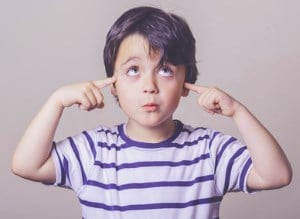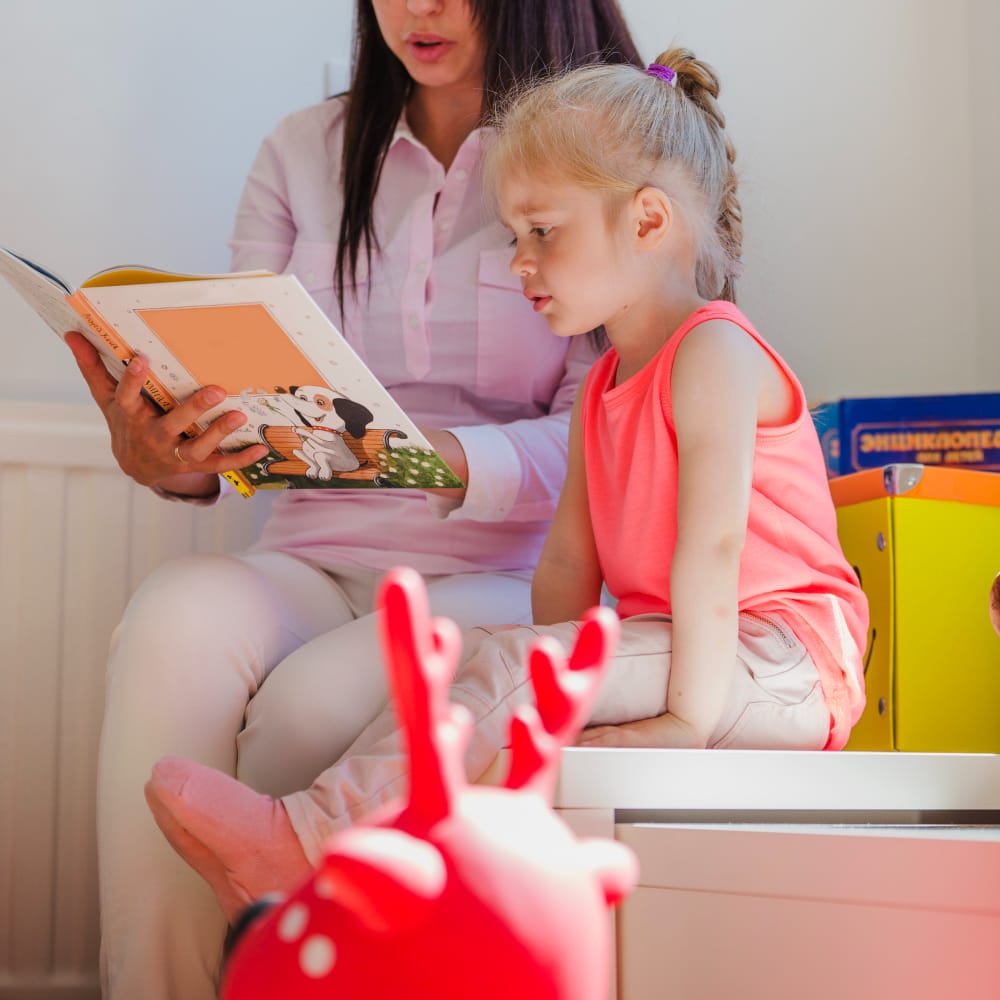ADHD is undoubtedly a controversial diagnosis. It presents with sets of confusing symptoms that may leave parents at a loss in trying to understand their child’s learning difficulty. Below we dispel some of the most commonly held myths:
Myth 1: Hyperactive children are overstimulated
I know it may be hard to believe, but children with ADHD are in fact under-stimulated. That is why a stimulant medication such as Ritalin helps them manage their concentration levels.
Basically, children with this disorder have low Dopamine levels. Dopamine plays a role in stimulation and reward. A very basic way in which to explain it is as follows: Our brains all need a baseline level of stimulation to know that it’s awake and aware. When your brain has this level of stimulation it can ignore the irrelevant stuff and focus on what’s important. But because people with ADHD do NOT have this baseline level of stimulation their brains are constantly craving stimulation. So everything around them that is stimulating is attended to and explored. (This behaviour often presents as fidgeting, distractibility and hyperactivity).
For this same reason it is generally not a good idea to give children with ADHD “calming” type medications to slow them down. Because it will only further add to the under-stimulation.
Myth 2: Children with ADHD can’t concentrate at all
The distractibility that these children experience is not so much about paying attention all the time. Rather it’s about being able to pay attention to something that doesn’t particularly interest them. When children with ADHD find a stimulating activity that appeals to them they often hyper focus . Think about the way your child might be able to to play with her dolls for hours on end. But she can’t sit still for long enough to complete a two minute reading activity. When children do something they enjoy, the hyper focus kicks in to such an extent that it is virtually impossible to get their attention away from that activity.
Myth 3: Children will outgrow ADHD
Children with ADHD will become adults with ADHD. But some of the symptoms, such as hyperactivity or fidgeting, may become less severe over time. As children get older they also tend to learn more coping mechanisms. And these adaptive strategies cause their symptoms to become less obvious as they age.
Myth 5: ADHD and ADD are two completely different disorders.
ADHD and ADD are two sides of the same coin. But the hyperactivity of ADHD makes it look completely different. Generally ADHD children are exceptionally busy and boisterous. While on the other hand ADD children tend to be the quiet day dreamers of the class. Children with ADHD are usually diagnosed early on as the hyperactivity is very noticeable. In contrast I find that many teachers might miss the symptoms of ADD as these children are usually quiet and not disruptive. This poses the risk that children with ADD will not get the help they need early on. And more worrying – by the time teachers and parents start noticing that something is wrong, these children may have missed many of the vital building blocks for academic success.
Myth 6: Children who take medication to control ADHD will become drug addicts.
So often parents will ask: “If my child becomes used to taking a tablet on a daily basis to help him cope academically, won’t he naturally turn to illegal drugs to help him cope later in life?” Drug abuse is a serious issue and should never be underestimated.
But researchers have found opposite effects. Their finding suggest that children whose distractibility is NOT managed effectively tend to tun to illicit drugs in an effort to self-medicate as they get older. These children may realise that they find it difficult to concentrate and then start convincing themselves that if they drink a beer or smoke a joint they are able to study better.
Myth 7: ADHD only affects academic performance.
Most teachers agree that academic performance is important, but it is not the be all and end all of a child’s life. More important is the way in which ADHD may affect a child’s self-esteem or his social interaction at school. A child that battles to concentrate might begin to compare his performance to that of his peers. This can lead to negative thoughts such as “I’m dumb” or “I can’t get anything right” and the child then loses all motivation.
Young children may often realise that one of their peers is constantly being reprimanded by the teacher. Most likely they may then reject this child out a fear of being associated with him. Children with ADHD are usually also very impulsive. This means that they might often say and do things before thinking it through. With the knock-on effect that it may impact their friendships with others – both children and adults – negatively.
Related articles:
ADD/ADHD guidelines for parents
Five things you probably didn’t know about ADD/ADHD
Petit Mal – the other culprit in “inattentiveness”
Want to stay up to date with my posts? Be sure to check out our Facebook page.




